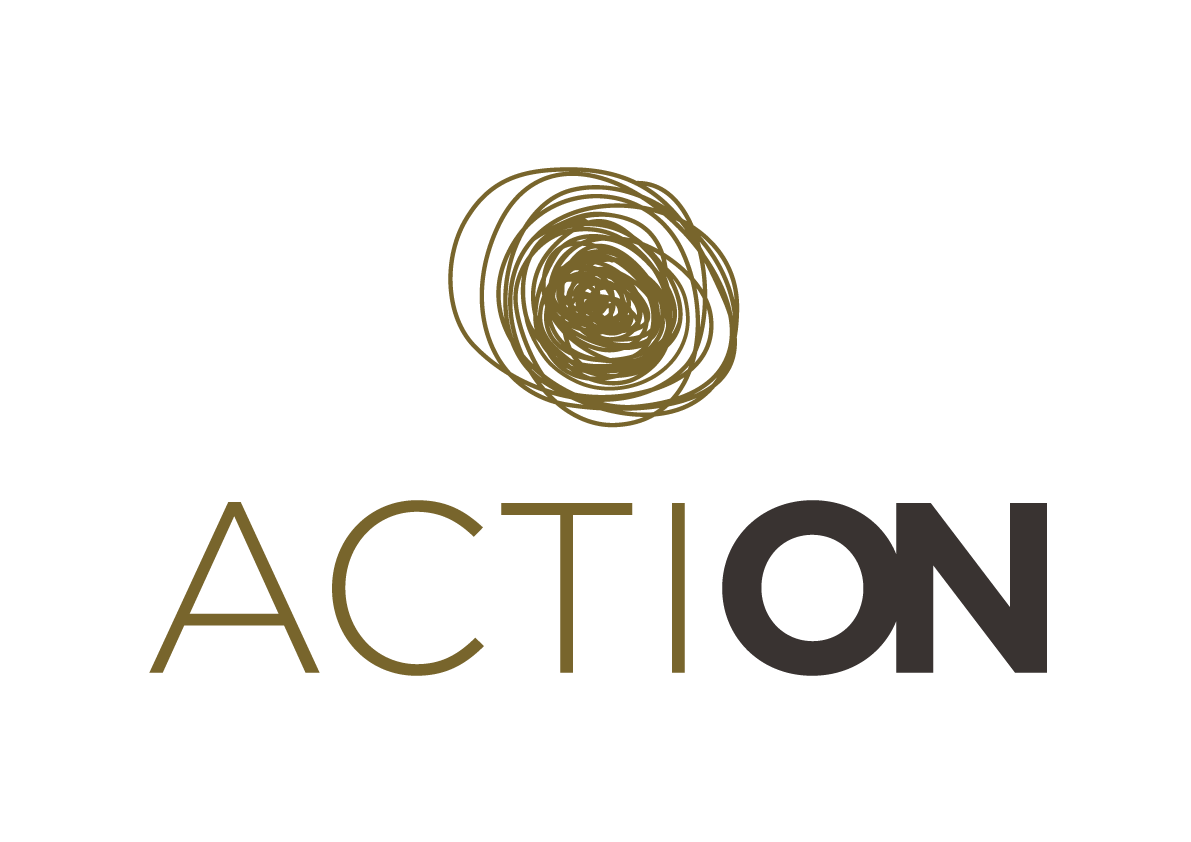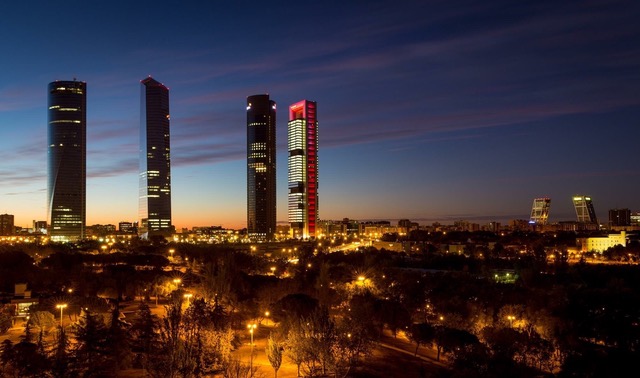As millions across the globe are having to self-isolate to prevent the spread of coronavirus, astronomical observation activities are reduced to those we can carry out from our home with instrumentation we happen to have with us.
The lockdown is an exceptional opportunity to measure the effects of the decrease in human activity on the night sky.
Professor Jaime Zamorano proposes a new citizen science project to monitor night sky brightness and color with photographic cameras, to assess the decrease in light pollution that isolation is expected to produce.
The project is aimed to anyone with a DSLR camera that takes photographs in RAW format. Ideally the camera should be installed aiming the zenith and conveniently protected on the volunteers’ roofs or terraces so it can take a picture every 6 – 12 minutes along the night.
AZOTEA’s website (in Spanish) includes the manual, a list of the collaborators that are already taking pictures of the night sky from home, installation example pictures and configuration tips.
Zamorano’s team includes several researchers that are already working on everything necessary to develop the project, such as Salvador Bará, Alejandro Sánchez de Miguel, Jesús Gallego, Rafael González, Sergio Pascual, Carlos Tapia, Francisco Ocaña, Cristóbal García, Esteban González and Lucía García.
AZOTEA is a Universidad Complutense de Madrid project in collaboration with ACTION European Project, STARS4ALL Foundation, Red Española de Estudios sobre Contaminación Lumínica (REECL), Federación de Asociaciones Astronómicas de España
(FAAE), Universidad Politécnica de Madrid and Sociedad Española de Astronomía (SEA)

